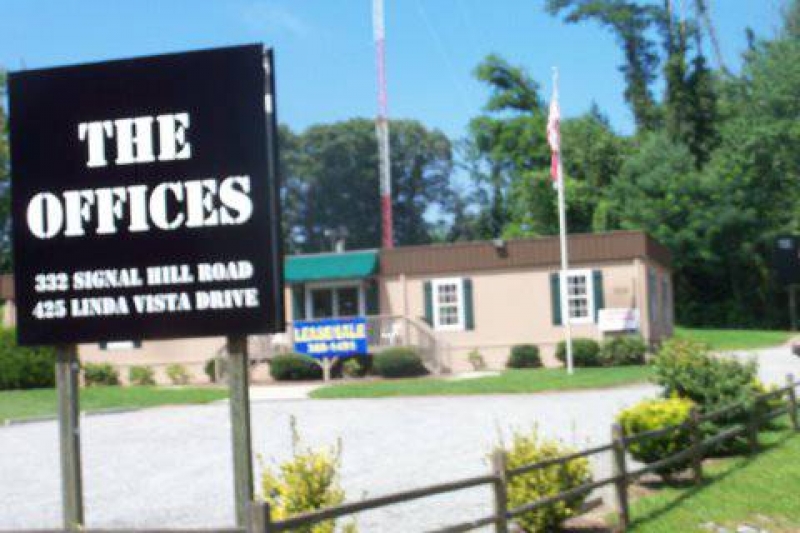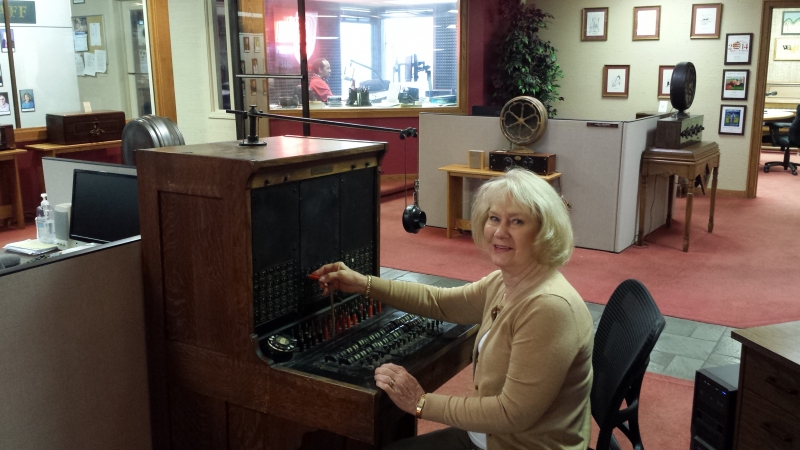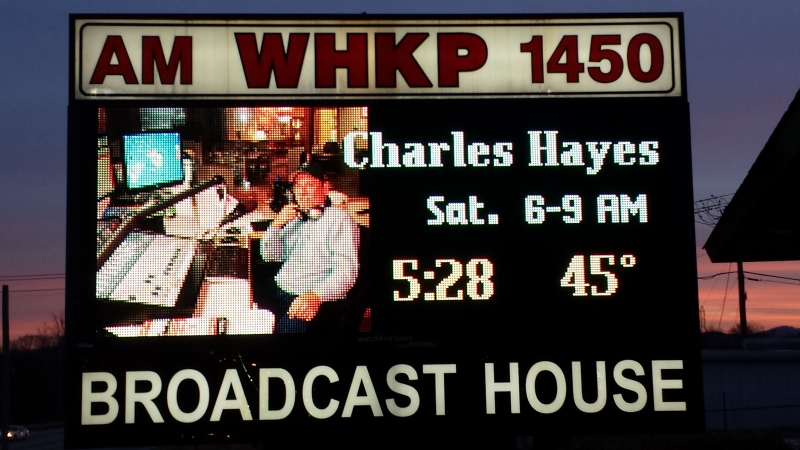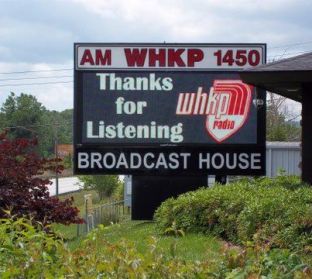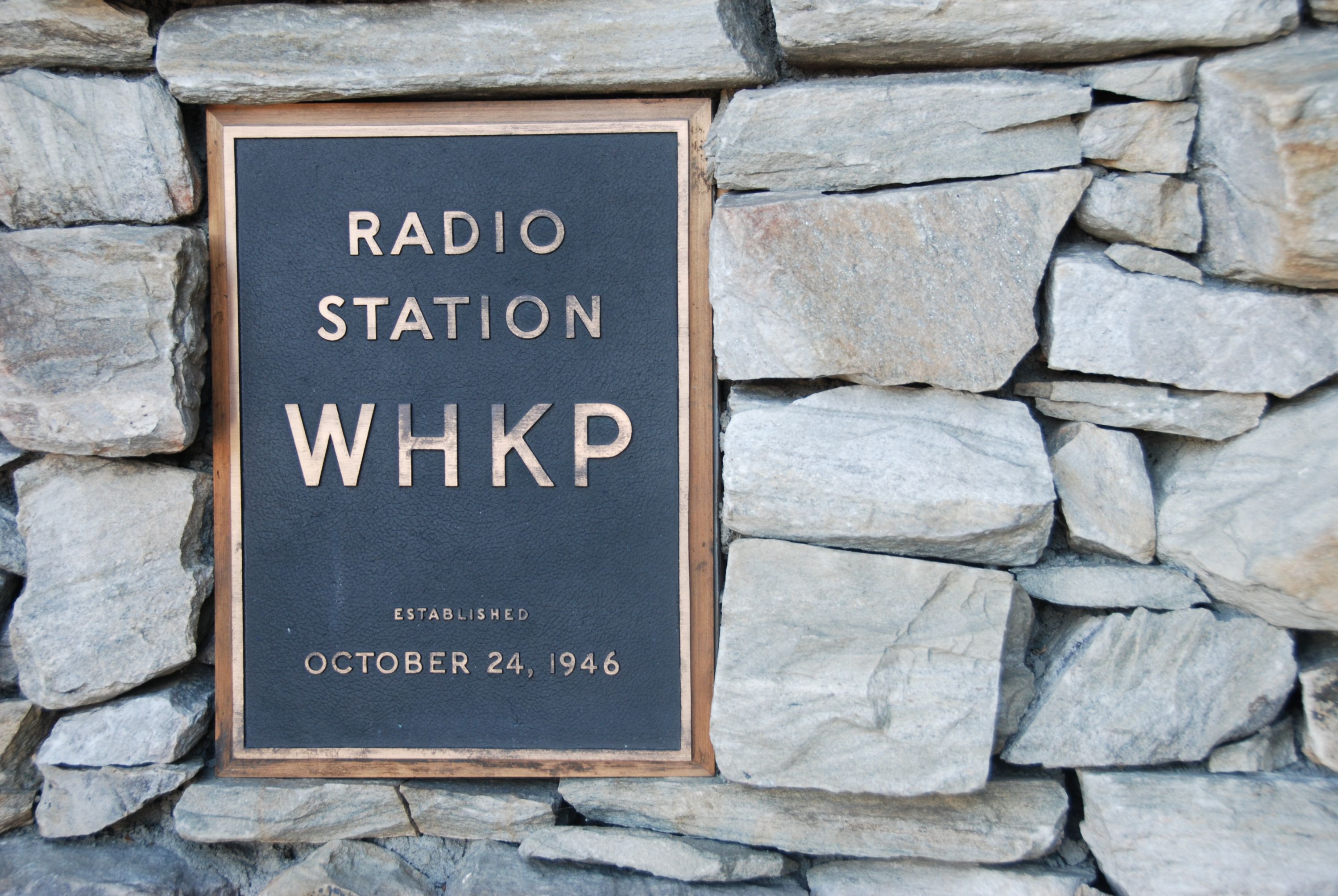BREVARD NEWS BEAT REPORTS
County Manager Jaime Laughter recommended a 2.67 cent property tax increase to cover expenses including salary increases. Commissioners agreed to the raises but asked for other funding options.
BREVARD — When Transylvania County Manager Jaime Laughter recommended a $78 million budget to the County Commission Monday, she spent a lot of time talking about the county’s low property tax rate and the rising cost of doing business.
All of which led to what she called her “punch line” — a proposed tax increase from 60.33 cents to 63 cents on every $100 of assessed property value, she said, “a 2.67 cent increase to gain $1.9 million in revenue.”
Other tax increases in recent years had been earmarked for specific capital needs, she said, and “this is the first operational tax increase I have requested in my over eight years here.”
Even so, it didn’t go over well.
“I’m not inclined to agree that now is the time to do a tax increase,” said Commissioner Teresa McCall.
“I cannot support a tax increase either,” said Commissioner Larry Chapman. Commissioner Emmett Casciato echoed this statement. Commission Chair Jason Chappell said “I agree 100 percent with what’s been said here tonight,” while Vice Chairman Jake Dalton held out hope that lawmakers would fund local requests in the upcoming state budget.
Such unknowns — future costs and revenues — were cited as reasons commissions offered for rejecting the proposed increase. Appraisers are due to reevaluate property values next year, McCall said, and a committee is currently studying the county-funded capital needs of Transylvania County Schools.
Casciato mentioned the potential strain of a tax increase on struggling residents and Chapman pointed to the burden of previous rate hikes earmarked for upcoming capital needs.
These also seem to be the most likely source of funds to cover the costs of increasing operational costs. Even before commissioners weighed in, Laughter presented the option of taking the needed $1.9 million from the $8.6 million in such earmarked funding.
That includes $6.2 million in annual property taxes assigned to voter-approved school upgrades and $1.2 million to replace the courthouse. Though Laughter didn’t say which specific fund should be tapped, she did highlight the remaining recipient of dedicated funding: $1.2 million for “economic development, emergency services and parks and recreation.”
The focus of Laughter’s presentation was not on the many capital needs the county faces, including the long-delayed new courthouse, which were discussed at a workshop at the Commission's last meeting and carry an estimated price tag of $246 million and climbing.
The county has enough money saved from previous year’s earmarked collections to cover the cost of designing the courthouse, which is the expense it faces to move forward with that project in the coming fiscal year, which starts July 1.
The county can also find funds to pay for a new $5.8 million cell at the landfill it needs to build before the end of 2025. Laughter did, however, point out that the solid waste fund, set up to be sustained by fees, must be supplemented by property tax revenue just to maintain operations, and the county is doing nothing to save the more than $1 million annually needed for future landfill expansion.
“The existing revenue mix . . . is not going to be sufficient in the long term,” she told commissioners about the solid waste fund.
Instead, much of her presentation was aimed at maintaining current levels of services, such as needed replacement of equipment and vehicles, and maintaining competitive salaries so the county can retain and recruit employees.
That expense helped drive a recent proposed tax increase in the city of Brevard. It’s also a big item in Laughter’s proposed budget for the 2023-24 fiscal year and one that commissioners said they are determined to fund. Following the recommendations of a compensation study performed by a county consultant, the county will provide an 8 percent increase across all pay grades at a cost of $2 million.
Because each existing employee will be evaluated where they fit within these grades, individual raises will vary and 67 percent of the increases will go to deputies and other public safety employees.
Such costs are also likely to continue to climb, Laughter cautioned commissioners: “Overall . . . the reality is we will need to consider increases in funding to provide the same level of service.”
Meanwhile, the county’s current property tax rate ranks 69th among the state’s 100 counties, and would rank even lower without general fund contributions to fire districts and solid waste operations, which are unusual among the state’s counties, she said.
Several commissioners, meanwhile, expressed openness to a quarter-cent increase in sales tax, which would raise an estimated $1.5 million in annual revenue.
Such a tax, already levied by several nearby counties, would need to be approved by voters in a referendum scheduled for next year at the earliest. Though the tax would not apply to purchases of groceries or gasoline, experts said that sales taxes generally place a higher burden on poor or working residents than other taxes because these people spend most of their income just to get by — and because everyone pays the same rate, regardless of wealth.
Chappell said the sales tax issue would be discussed at an upcoming meeting. The county will also hold a budget workshop on May 22 and two public hearings on the document in June.
Email:
THIS STORY IS PUBLISED COURTESY OF BREVARD NEWS BEAT
© 2023 Dan DeWitt
548 Market Street PMB 72296, San Francisco, CA 94104





